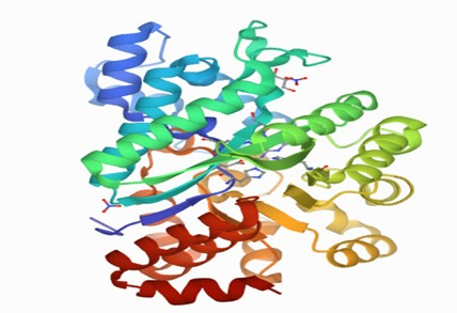Abstract
Adenosine deaminase(ADA) is a vital enzyme distributed in both intra and extra-cellular locations in humans. Its primary function is purine metabolism and also plays an essential role in maintaining immunological response. Altered regulation of ADA is related to many malignancies. Over-expression and increased serum ADA activity are reported in breast cancer. Flavonoids are potential sources of protective effects against chronic diseases. In this study, we investigated the insilico adenosine deaminase inhibitory activity of some selected plant flavones, synthetic 2-azetidino flavones [SLP II 1-2 and SLP 61(a-d)-2(a-d)] and ADA inhibitor drugs EHNA and pentostatin. Molecular docking studies have been performed by using Autodock tools. The obtained results indicate that all the selected ligands have a potent inhibitory effect on ADA in the range of -5.19 kcal/mol to -10.56 kcal/mol binding energy. Among the plant flavones, Baicalein is shown good binding energy of -7.83 kcal/mol with the highest conventional H- bonds and in synthetic ligands, SLP VI 2c has -10.56 kcal/mol. The synthetic compounds SLP II 1-2 and SLP 61(a- d)-2(a-d) exhibit greater binding energies than the selective ADA inhibitors and plant flavones. Therefore the present study highlights the use of these synthetic ligands in drug development against specific malignancies like breast cancer that may show high ADA activity.
Full text article
Authors

This work is licensed under a Creative Commons Attribution-NonCommercial-NoDerivatives 4.0 International License.

